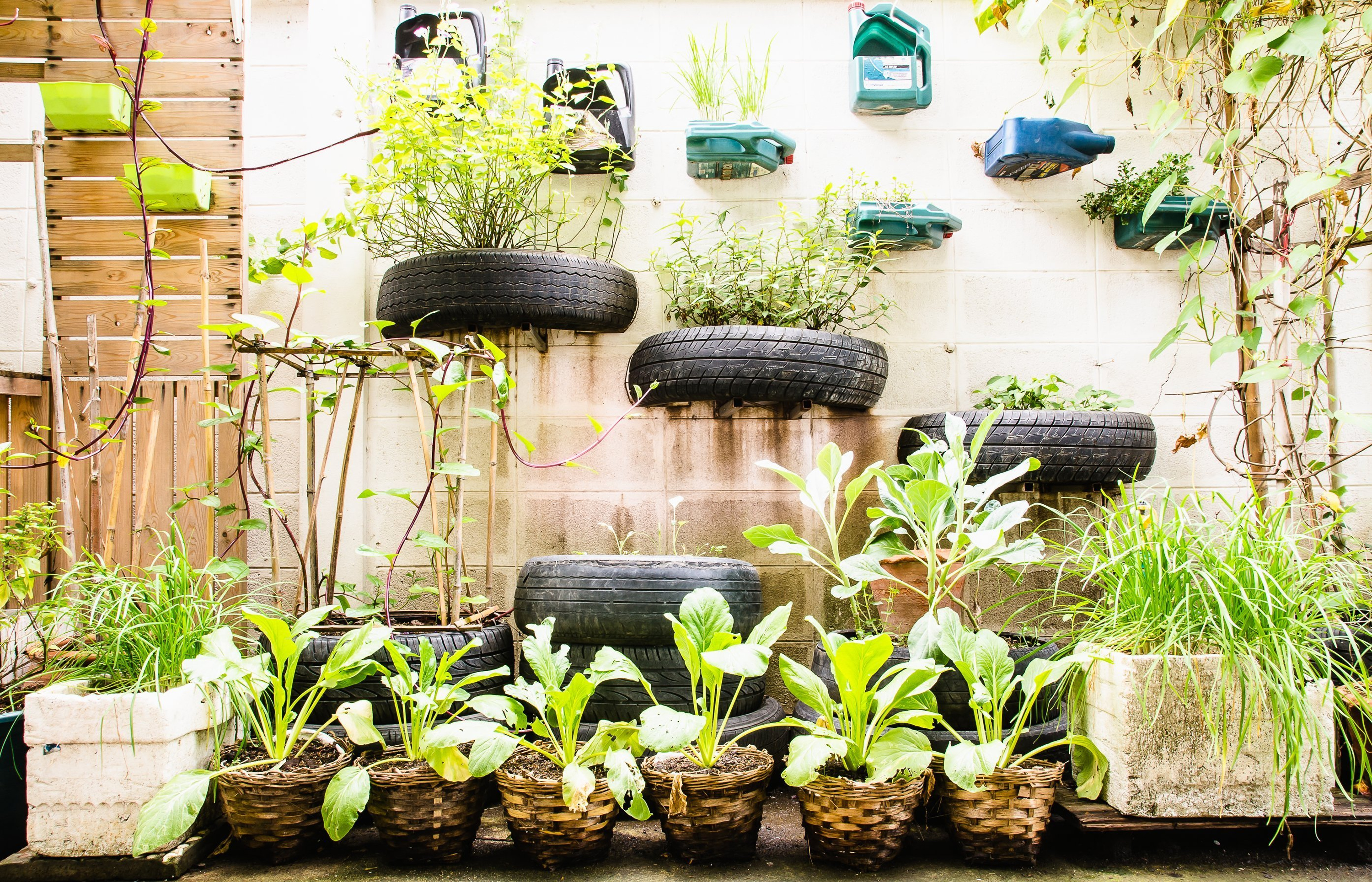Growing Herbs in Small Apartments: A Thriving Urban Jungle

Imagine transforming your small apartment into a lush, fragrant oasis, where the aroma of fresh basil, rosemary, and thyme fills the air. Growing herbs in small apartments is not just a dream; it's a reality that can enhance your culinary adventures and bring a touch of nature into your urban lifestyle. Whether you're a seasoned gardener or a novice, container gardening in your apartment can be a rewarding and fulfilling experience. Let's dive into the world of urban gardening and explore how you can cultivate a thriving herb garden in the comfort of your own home.
The Benefits of Growing Herbs in Small Apartments
Growing herbs in small apartments offers a myriad of benefits. Not only do indoor plants improve air quality, but they also add a touch of greenery and life to your living space. Fresh herbs can elevate your cooking, reducing the need for processed seasonings and enhancing the flavor of your meals. Moreover, herb cultivation can be a therapeutic hobby, providing a sense of accomplishment and connection to nature.
Choosing the Right Herbs for Your Apartment
When it comes to growing herbs in small apartments, selecting the right plants is crucial. Some herbs thrive in indoor conditions, while others require more sunlight and space. Here are some popular herbs that are well-suited for apartment gardening:
- Basil: This versatile herb loves sunlight and can be grown in pots near a window.
- Mint: A hardy plant that can tolerate lower light conditions, making it ideal for shadier spots in your apartment.
- Rosemary: This fragrant herb prefers well-drained soil and plenty of sunlight.
- Thyme: A low-maintenance herb that can thrive in various lighting conditions.
- Parsley: This biennial herb is easy to grow and can be placed in a sunny spot.
Setting Up Your Herb Garden
Selecting Containers
Choosing the right containers is essential for successful herb cultivation. Opt for pots with drainage holes to prevent waterlogging, which can harm your plants. Terracotta pots are a popular choice due to their porous nature, allowing for better air circulation. However, plastic or ceramic pots can also work well, depending on your aesthetic preferences.
Soil and Lighting
The quality of your soil can make or break your herb garden. Opt for well-draining potting mixes specifically designed for herbs. Avoid using garden soil, as it can be too heavy and compact for container gardening.
Lighting is another critical factor. Most herbs require at least 4-6 hours of sunlight per day. Place your pots near a south-facing window for optimal light exposure. If natural light is limited, consider using grow lights to supplement.
Caring for Your Herbs
Watering
Watering your herbs correctly is vital for their health. Overwatering can lead to root rot, while underwatering can cause the plants to wilt. A good rule of thumb is to water your herbs when the top inch of soil feels dry. Use a watering can with a fine nozzle to avoid overwatering.
Fertilizing
Herbs generally don't require much fertilizer, but a light application can boost their growth. Use a balanced, water-soluble fertilizer diluted to half strength. Apply it every 4-6 weeks during the growing season.
Pruning
Regular pruning encourages bushier growth and prevents your herbs from becoming leggy. Pinch back the tips of the stems to promote new growth. This also ensures a steady supply of fresh herbs for your culinary needs.
Creative Ways to Maximize Space
Living in a small apartment doesn't mean you have to sacrifice your herb garden. Here are some creative ways to maximize space:
- Vertical Gardening: Use wall-mounted planters or hanging baskets to save floor space.
- Window Boxes: Install window boxes to make the most of your window sills.
- Tiered Planters: Opt for tiered planters that allow you to grow multiple herbs in a compact area.

Troubleshooting Common Issues
Even with the best care, issues can arise. Here are some common problems and their solutions:
- Yellowing Leaves: This could be a sign of overwatering or underwatering. Adjust your watering schedule accordingly.
- Pests: Keep an eye out for common pests like aphids and spider mites. Use insecticidal soap or neem oil to control infestations.
- Slow Growth: Ensure your herbs are getting enough light and nutrients. Consider using grow lights and fertilizing regularly.
Embracing the Urban Gardening Lifestyle
Growing herbs in small apartments is more than just a hobby; it's a lifestyle. It's about bringing a piece of nature into your urban environment and creating a sustainable, self-sufficient way of living. Whether you're growing herbs for culinary purposes or simply for the joy of it, the rewards are endless.
/colorfulpots-56a6704a3df78cf7728deb0e.jpg)
Conclusion
Growing herbs in small apartments is a rewarding and enriching experience. From selecting the right herbs to setting up your garden and caring for your plants, every step brings you closer to nature. Embrace the urban gardening lifestyle and transform your apartment into a thriving oasis. Happy gardening!
FAQs
What are the best herbs to grow indoors?
- Basil, mint, rosemary, thyme, and parsley are excellent choices for indoor herb gardens.
How much sunlight do herbs need?
- Most herbs require at least 4-6 hours of sunlight per day. Place your pots near a south-facing window for optimal light exposure.
Can I use regular garden soil for my herbs?
- It's best to use well-draining potting mixes specifically designed for herbs. Garden soil can be too heavy and compact for container gardening.
How often should I water my herbs?
- Water your herbs when the top inch of soil feels dry. Use a watering can with a fine nozzle to avoid overwatering.
What should I do if my herbs are not growing well?
- Ensure your herbs are getting enough light and nutrients. Consider using grow lights and fertilizing regularly. Adjust your watering schedule if necessary.
0 Response to "Growing Herbs in Small Apartments: A Thriving Urban Jungle"
Post a Comment